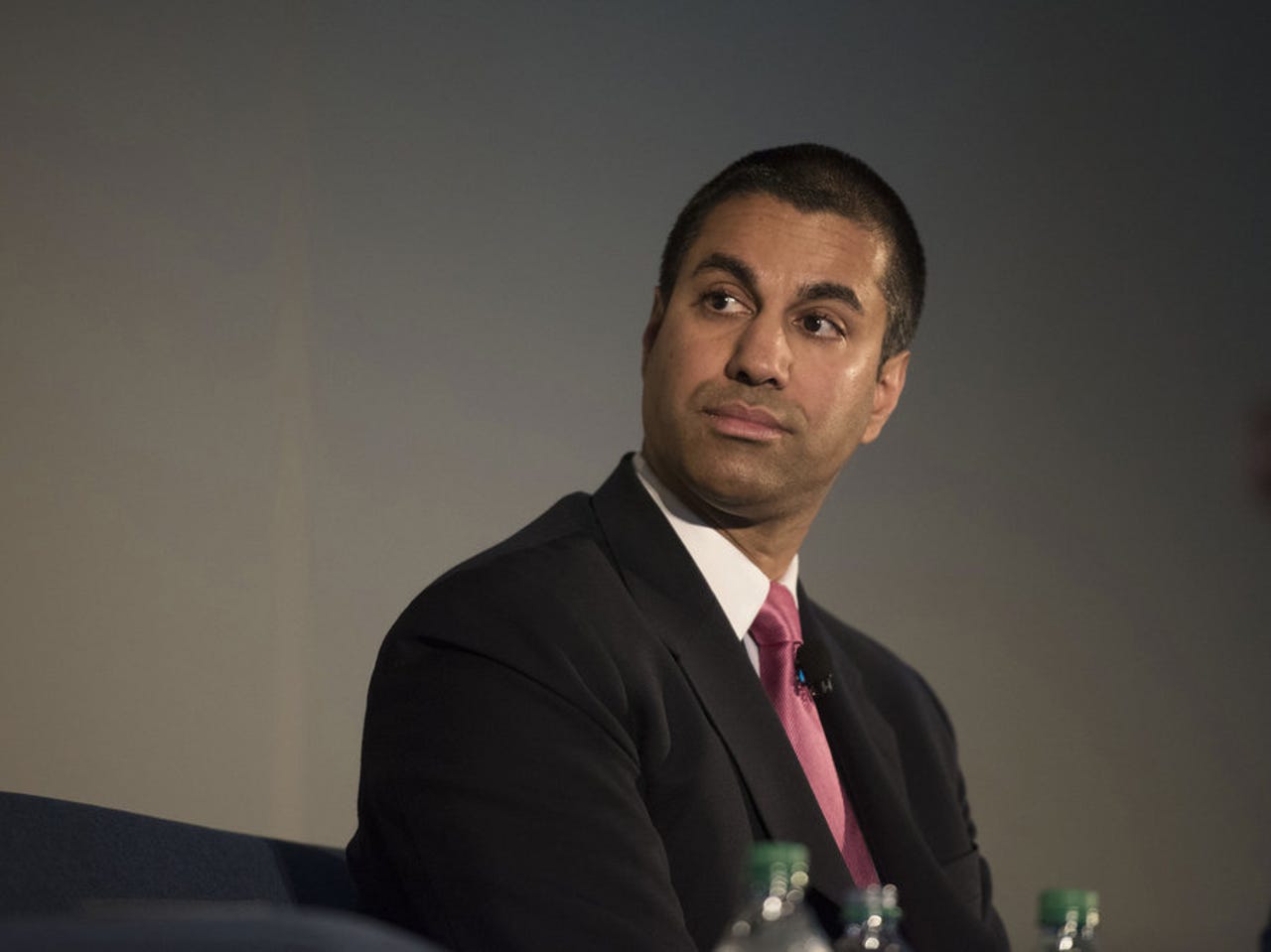FCC chairman voted to sell your browsing history — so we asked to see his


(Image: file photo)
NEW YORK -- The Federal Communications Commission has refused to turn over the internet browsing history of its chairman Ajit Pai, weeks after he rolled back rules that prevented internet providers from selling the browsing histories of millions of Americans.
In a response to a request filed by ZDNet under the Freedom of Information Act, the agency said Friday that it had "no responsive documents" to our request. The agency cited a similar decision filed with Homeland Security that found that the law doesn't require a government agency to create a record in response to a request.
Specifically, we asked for the "web browsing history of all web and mobile browsers used by Ajit Pai on any government network or account," from the date that the rules were formally revoked by Congress in late March.
The response from the FCC said: "Here, the agency does not have a record that reflects the Chairman's web browsing history."
In other words, Pai voted to allow internet providers to turn over your browsing history, but won't let anyone see his.
Earlier this year, Pai launched his effort to roll back the Obama-era rules that toughened up privacy protections for every American with an internet connection.
But the rule rollback was met with considerable controversy and anger from privacy and rights groups, for fear that internet providers like AT&T, Comcast, and Verizon would be able to gather and sell data about your browsing history to marketers and other companies, including information on customer location, as well as as financial or health status information, and what people shop and search for.
AT&T, Comcast, and Verizon have all said they don't collect personal information unless customers allow it or share it with third-parties. Critics noted that the named three don't need the FCC rules to share customer data because they already operate their own advertising networks.
Following the FCC's rollback, Congress had to vote to approve the changes into law. The measure was passed by the Senate, and later the House.
Though the telecoms and internet provider lobby was largely behind the effort to roll back the rules, it remains unclear how ordinary consumers benefit, if at all, from the changes.
When pressed by reporters, Marsha Blackburn (R-TN, 7th), the sponsor for the House bill, couldn't say how her bill helps anyone other than the telecoms lobby. According to online publication Vocativ, Blackburn also received over $693,000 in campaign contributions from the telecoms lobby over her 14-year congressional career.
As a member of Congress, Blackburn is exempt from Freedom of Information requests.
You can read the full letter from the FCC below.